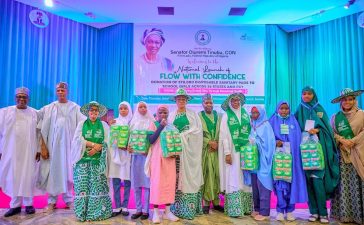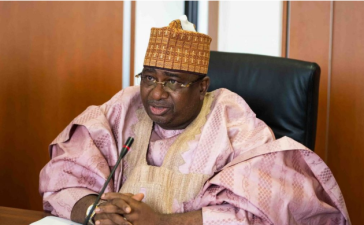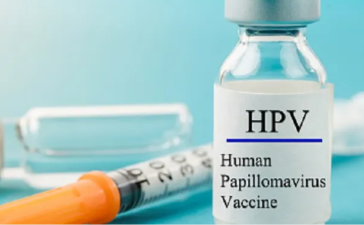The World Health Organization (WHO) has called on Nigeria to increase its tax on sugar-sweetened beverages (SSBs), arguing that the current level is too low to make a meaningful health impact.
Currently set at N10 per litre, the WHO says Nigeria’s sugary drink tax must rise significantly if the country is to reduce the risk of non-communicable diseases (NCDs) such as diabetes, cancer, and heart disease.
As part of a global campaign, the WHO is urging countries to implement at least a 50% tax increase on SSBs, alcohol, and tobacco products by 2035, to discourage harmful consumption, relieve overburdened health systems, and raise much-needed revenue for healthcare and social protection.
“This is not about burdening people. It’s about protecting lives and preventing the long-term costs of disease,” a WHO representative said.
In Nigeria, health experts are aligning with the WHO’s position. Professor Olukunmi Lanre, a senior lecturer in public health promotion and nutrition education, emphasized the hidden dangers of sugary drinks, noting that most consumers are unaware of their long-term health impacts.
“Many Nigerians can easily switch to healthier, local alternatives if the right policies are in place,” he added.
With non-communicable diseases on the rise and pressure mounting on Nigeria’s fragile healthcare system, the push for a stronger sugar tax policy is gaining momentum among policymakers and civil society groups.







